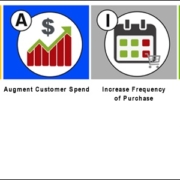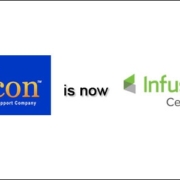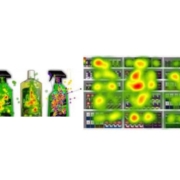Is your Category Management Strategy validated through Shopper Eye Tracking?
Portfolio, mix, layout, facings, eye levels etc. are just some of the ingredients towards the outputs for a robust Category Management Strategy. What informs your decision when making/proposing key decisions on the Category such as below?
- What stays, what goes out in listings?
- Which SKU to be positioned at what location?
- Increasing, reducing, adding or deleting listings and/or facings
- Hotstops for incremental POP activation

Do you rely just on historical secondary sales data? or does the panel data also form part of the decision-making process? For our fellow Industry colleagues in developed nations, the menu of data available could be huge while for our colleagues in developing nations and nations having a much wider mix of organised and fragmented trade the realities on data availability could be very different.
In either scenario use of Eye Tracking technology provides a wealth of robust Shopper insight data to inform the Category strategy. Eye Tracking captures and maps real-time eye movements of a Shopper while he is interacting with the category using state of the art technology. Eye Tracking can be enabled in any layout, any type of Retail environment( offline and online) and captures real-time how a Shopper is considering the category. Some key insight nuggets you can hope to achieve from an Eye Tracking exercise are:
- How does the Shopper navigate the Category?
- Which SKUs/category areas catch his attention more than others
- When considering an SKU, which part of the packaging captures bigger attention and where is it that he might be seeking better clarity
- Where in the category does he spend more or less of his time
- What factors in the category are potentially helping convert a consideration into purchase

Above and many more nuggets help with a wealth of information to generate shopper insight thereby helping inform the decisions/proposals on Category Strategy supported by robust Data. These Eye Tracking exercises generate both qualitative and quantitative data which can be structured/analysed to provide consolidated shopper insights on defined criteria. You can get an average view on how a group of Shoppers behaved with a category and within that with brands and SKUs. You can also get detailed precise data on interaction at a Category, sub-category, brand, brand extension, SKU or any other level classified at different levels of a Shopper or Category hierarchy.
Eye-tracking reveals strong Category dynamics at the Point of Purchase and should be a key part of any Category Strategy formulation
Regards,
Team Asbicon
Asbicon provides Eye Tracking services either stand-alone or as part of a total Category Management Strategy formulation package as per client needs. In UK, Dubai and India where Asbicon has its own Research presence, Eye Tracking services can be organised at relatively short notices.
(Asbicon is a Consumer Goods & Services specialist firm focused on “Growth Solutions for Aspiring Brands”. Asbicon enables this through its 5 verticals of Research, Assisted Advisory®, Capability Development, Data Services & Design services providing Retail & Distribution effectiveness to its clients)










